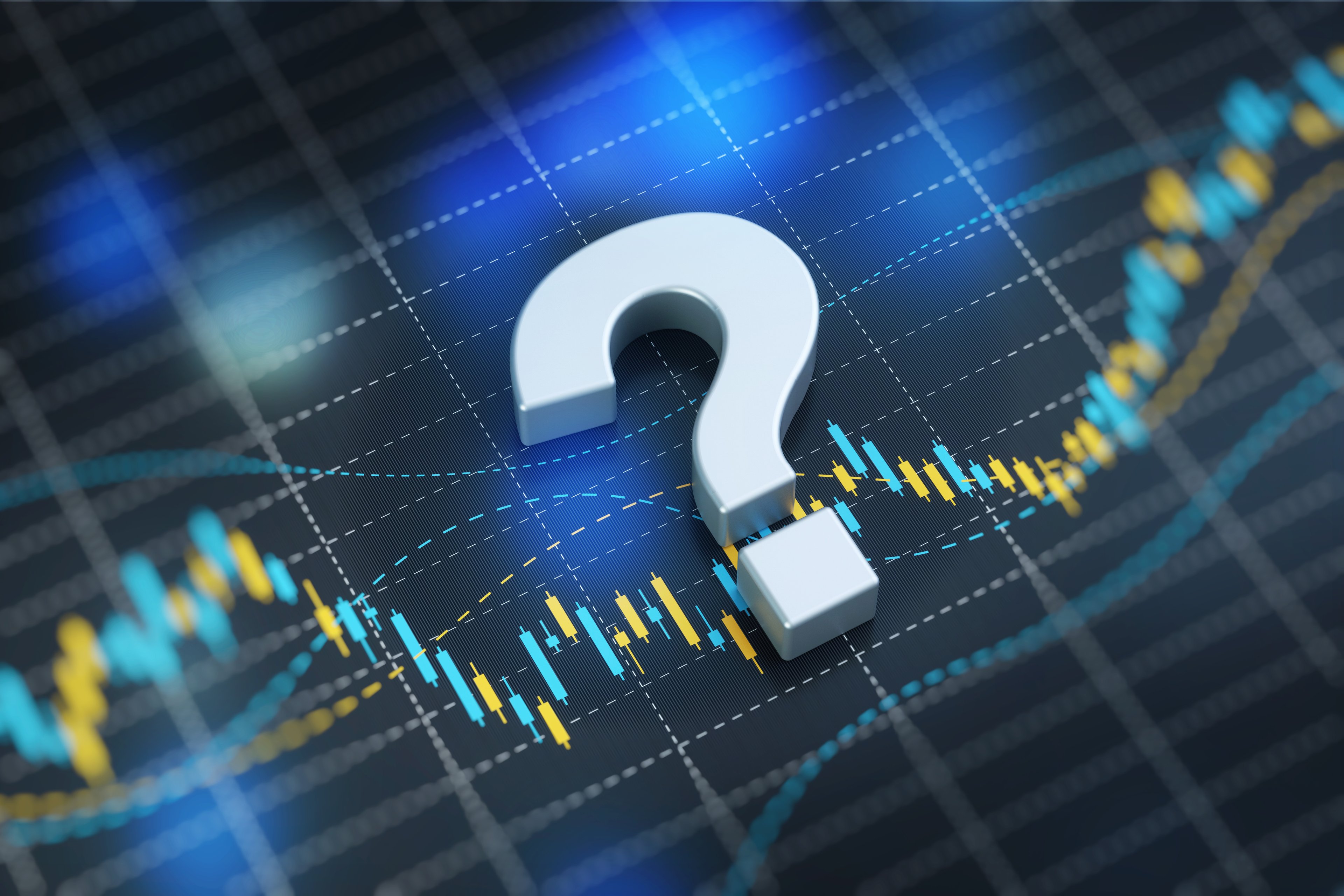On March 25, HTC released its next-generation HTC One. The phone is a pretty meaty upgrade from its predecessor, offering the following improvements:
- A larger, improved 5-inch display (up from 4.7 inches in the prior generation).
- A Snapdragon 801 processor (much more powerful than the Snapdragon 600 found in the previous version).
- More metal, lending a sleeker industrial design.
- Improved software and interface.

Source: HTC.
In short, it's a better version of last year's HTC One, which was already a very well received Android device. The question now is whether this new device should be enough to worry shareholders of the world's leading premium phone vendor, Apple (AAPL +0.54%).
It's more than just the hardware
Smart business decisions and economies of scale have kept Apple and Samsung (NASDAQOTH: SSNLF) in control of the majority of the profits in the smartphone business. A phone like the HTC One packs in a number of great features, but the gross margin profile isn't likely to be very good. A 5-inch 1080p display isn't cheap, nor are a top-end Qualcomm SoC, 2GB of DRAM, a large metal chassis, and so on.
That wouldn't be too big of a problem if HTC had the scale to source components at more favorable rates and to amortize the fixed design and manufacturing costs over a large shipment base. Unfortunately, since both Apple and Samsung are much more popular brands that already have the mind-share of a good chunk of the smartphone market, HTC is fighting an uphill battle trying to compete against the Apple iPhone and, probably more directly, the Samsung Galaxy S.
Does that mean Apple is safe?
When it comes to the smartphone wars, Apple has a number of critical advantages that -- if utilized properly -- help keep the likes of HTC at bay. For example:
- iOS is popular among developers and has a very loyal user base.
- Apple's customers tend to buy more apps than Android users do, which helps create a "stickiness" for users who are already on the iOS platform.
- Apple's brand is extremely powerful -- far more people are familiar with Apple than with HTC.
- Apple is a big buyer with its suppliers and as a result can strike much more favorable deals than a company like HTC can.
Of course, poor management decisions or a stroke of bad luck could always undermine Apple's advantages, but Tim Cook and company appear to understand the strengths Apple enjoys and continue to work hard to build on that successful base. Apple has fought high-spec competitor phones in the past and emerged victorious -- so there's nothing new here from Apple's point of view.
Foolish bottom line
No company -- especially one so dependent on the fickle whims of consumers -- is "safe," but Apple has built itself a wide moat around its hardware, software, and brand. While the HTC One is a gorgeous phone that should appeal to Android enthusiasts, it's unlikely to capture meaningful amounts of Apple users.
In fact, if anything, users looking for the Android equivalent of an iPhone may favor the Galaxy S5 over the new HTC One. And the original HTC One still had many of the same advantages over the Galaxy S4 that the new HTC One has over the Galaxy S5, so it's unclear whether HTC will even gain share against its nearest, cash-rich competitor in the Android space, let alone Apple.






